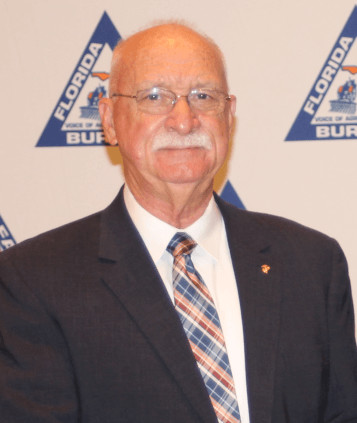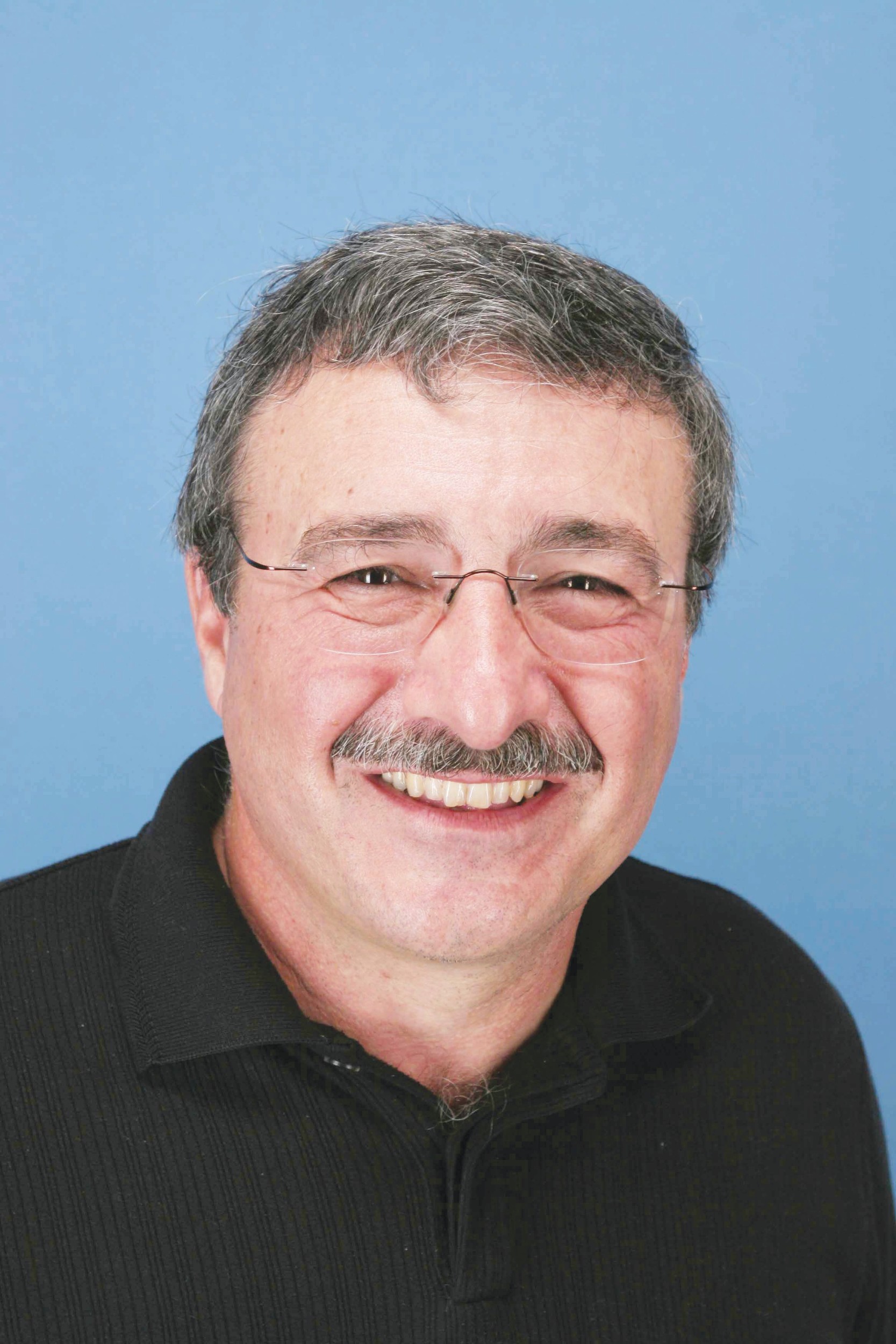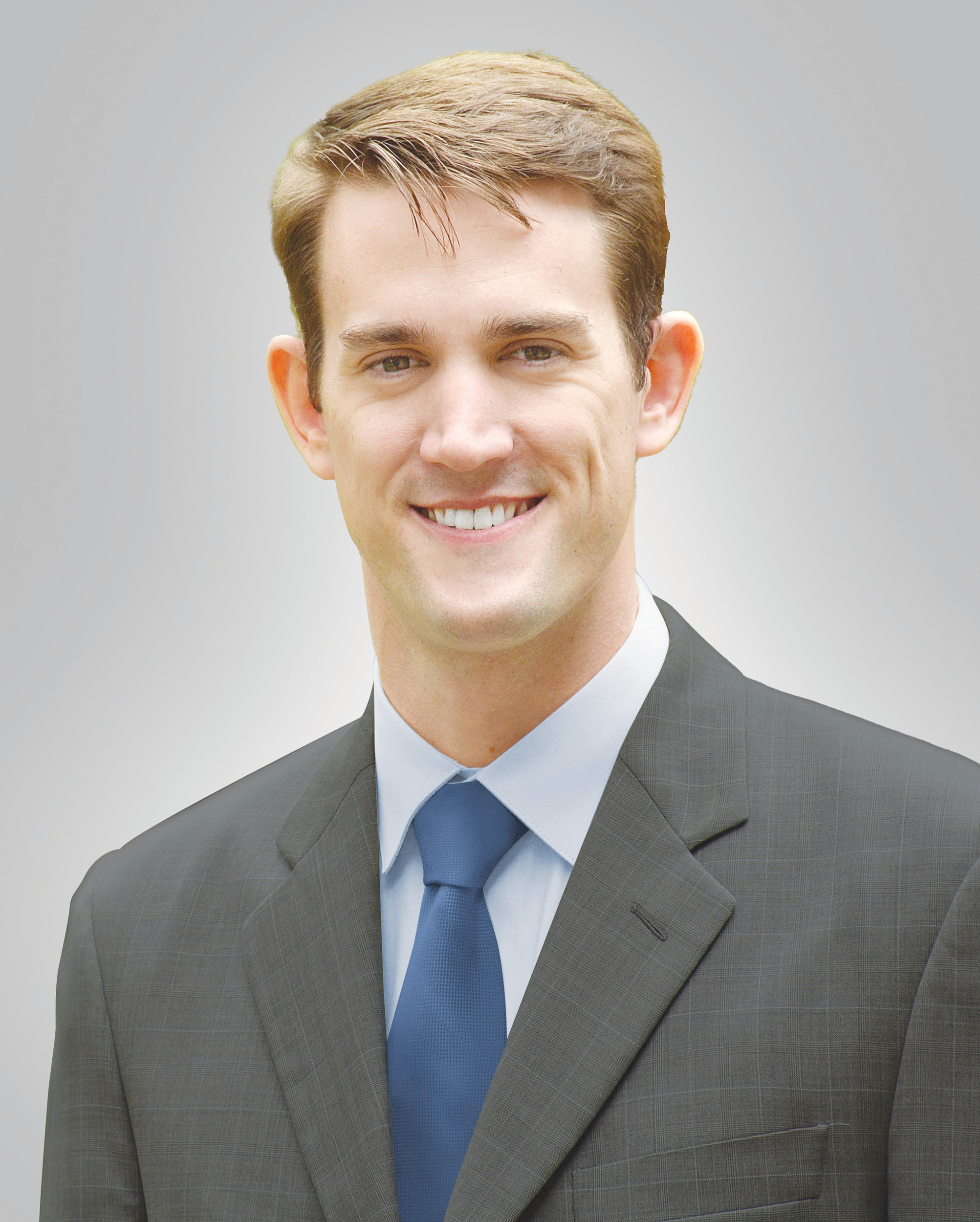BCC approves controversial term limits vote
GREEN COVE SPRINGS – Despite dying on the floor of the Charter Review Commission with a 7-7 vote earlier this year, County Commissioner Chairman Gavin Rollins brought an ordinance to the July 10 …
This item is available in full to subscribers.
Attention subscribers
To continue reading, you will need to either log in to your subscriber account, or purchase a new subscription.
If you are a current print subscriber, you can set up a free website account and connect your subscription to it by clicking here.
If you are a digital subscriber with an active, online-only subscription then you already have an account here. Just reset your password if you've not yet logged in to your account on this new site.
Otherwise, click here to view your options for subscribing.
Please log in to continueDon't have an ID?Print subscribersIf you're a print subscriber, but do not yet have an online account, click here to create one. Non-subscribersClick here to see your options for subscribing. Single day passYou also have the option of purchasing 24 hours of access, for $1.00. Click here to purchase a single day pass. |
BCC approves controversial term limits vote
GREEN COVE SPRINGS – Despite dying on the floor of the Charter Review Commission with a 7-7 vote earlier this year, County Commissioner Chairman Gavin Rollins brought an ordinance to the July 10 county commission meeting to have voters set first-ever term limits on constitutional officers in Clay County.
Passed on a 3-2 with Commissioners Wayne Bolla and Gayward Hendry dissenting, the measure would cap at three, four-year terms in officer for Clay County Sheriff, Property Appraiser, Tax Collector, Clerk of Circuit Court and the Supervisor of Elections. The measure will go on the ballot as a special election to be held at the same time as the November General Election.
According to one alternate CRC member, Richard Klinzman, the idea of setting term limits on Clay County constitutional offices was personal and done so with an intent of animosity.
“What I saw this as was not some pure ideological point of, ‘should everybody have term limits or not?’,” Klinzman said. “This was personal and [relating to animosity]. It was complete hatred for whoever these people are.”
Art Hooker, a member of the CRC and the member who originally brought this ordinance to the CRC, disagreed with Klinzman, citing that this ordinance was not a personal attack on any constitutional offices of Clay County. According to Hooker, this is especially evident in the nature of how the ordinance would work.
“This is not punitive,” Hooker said. “This would not kick in until 2032 and that would likely not affect any of the current constitutionals. I made sure of that in the conversations we had with them.”
Furthermore, Hooker said that he spoke to close to 300 citizens of Clay County and found that most were in favor of these term limits.
When it came time for the BCC to discuss this ordinance, first and foremost, it was made clear that none of the BCC members held ill will towards any of the county’s current constitutionals. In fact, they were in agreement that they were all extremely satisfied with their work and happy to have them serving the county.
“I know personally, it has nothing to do with our current administration,” Rollins said, to which the rest of the board agreed. “They do a great job in their individual capacities. For me, it’s something I’m passionate about. The federal, state and local level term limits are healthy.”
“Our founders believed in citizen government public officials who serve for a time and then step out of power,” Rollins said. “I think George Washington set a great example of eight years in power and I think that’s very American, and unfortunately, without term limits, some public officials wouldn’t follow that example and wouldn’t step out of power.”
Rollins said during the meeting that this should be enough time for the current constitutional officers to accomplish what they set out to, citing that Washington began a revolutionary war and founded this country in less than 12 years, which is the equivalent of three, four-year terms.
Commissioner Diane Hutchings kept her personal thoughts on term limits limited and instead, cited her belief that the decision should be up to voters.
“As a republic and a democracy, we need to give people a chance to have their voice heard,” Hutchings said. “When I think about this, I think about the home rule: whose home is this? Is it the five of us [the BCC] or is it the voters’? It’s theirs and that’s why they should be the ones to decide.”
According to Hutchings, by voting to place the measure on the ballot, the BCC would simply be putting the decision in the hands of the voters.
Commissioners Wayne Bolla and Gayward Hendry found themselves on the other side of the line, citing that there is no need to set term limits on Clay County’s constitutional offices. Hendry likened setting term limits to “chasing a big solution for a small problem.” Hendry believes that if someone corrupt is in a constitutional office with no term limits, the voters will do what needs to be done. Bolla, on the other hand, took a stance of if ‘it ain’t broke, don’t fix it.’
“I just want the best possible people working that we can get,” Bolla said, explaining that a term limit could potentially force an excellent constitutional out of office, leaving the door open for what could be a not-as-great constitutional.
Commissioner Mike Cella, though, found himself in the middle of both sides during the BCC meeting. He was wary of term limits potentially forcing a great employee out of their office and said personalities needs to be left out of the equation.
“We have to separate the personalities and individuals when going forward for the rest of the county,” Cella said, reminding that BCC that if voted in, this ordinance would not take effect until 2032.
In other business, the BCC voted 5-0 to empanel a CRC every eight years, rather than the current model of every four years. Hendry was brought this ordinance to the board, citing that after over four months of meetings, the CRC was only able to come up with two things to pass, referencing the upcoming ballot questions asking voters to raise the salary of BCC members and extend their term limits. According to Hendry, four years is simply too soon and that eight years would still be fine. In fact, Hendry said that in between CRC sessions, the BCC could get the job done.
Cella agreed and said anything the CRC can do, the BCC could do as well, and that if there is something that needs to be done, the voters can and will do it. Hutchings, Rollins and Bolla agreed. A benefit of the CRC gathering every eight years, as opposed to four, at least according to Hutchings, is that now the CRC won’t be active at the same time as the Florida State Constitutional Revision Commission. Hutchings said the state panel always served as an extra point of stress for local CRC members, who are simply acting in service and unpaid.













